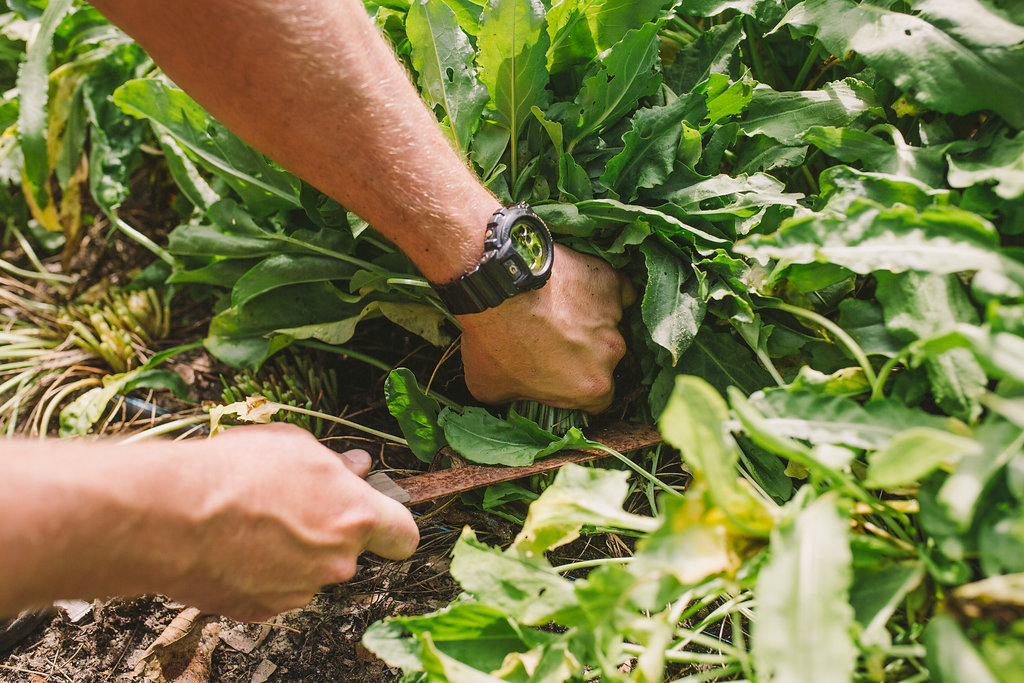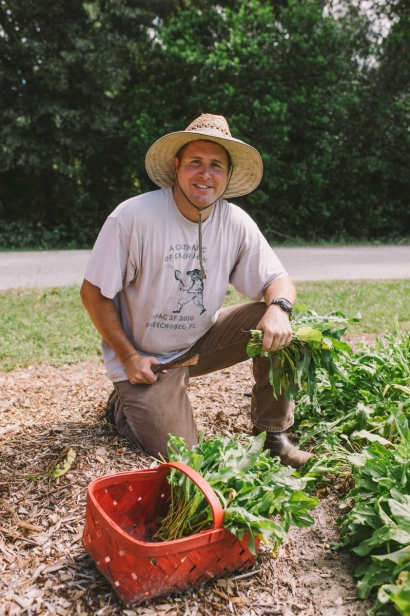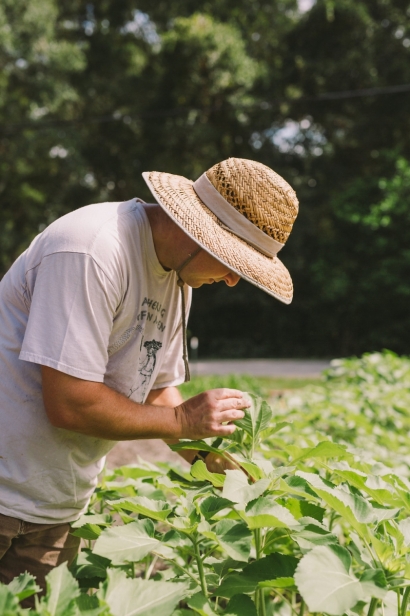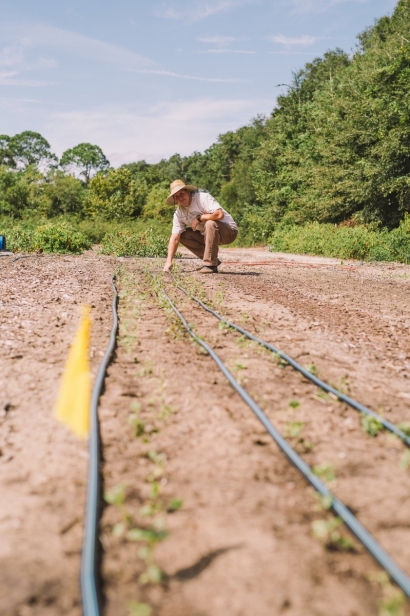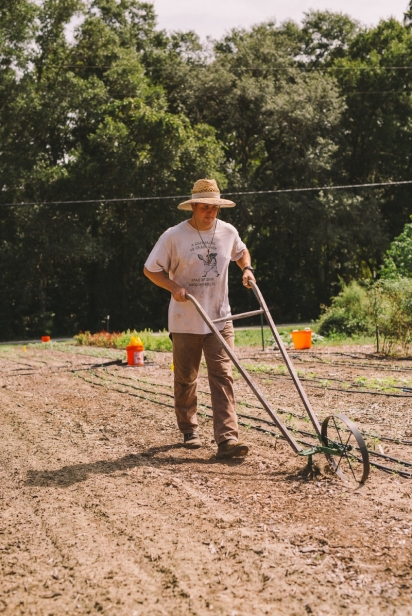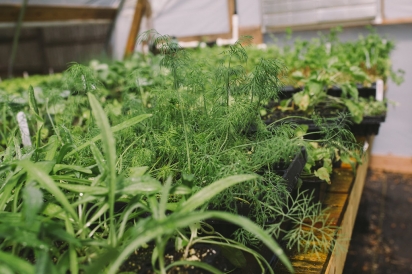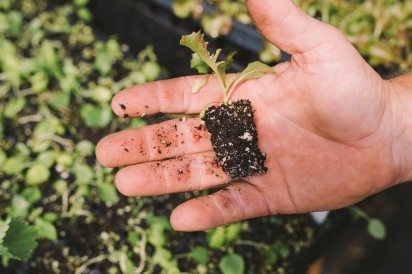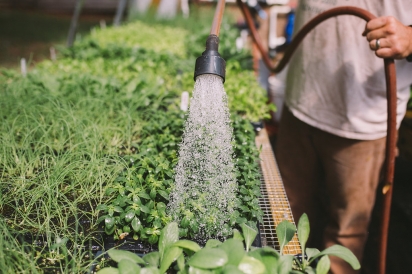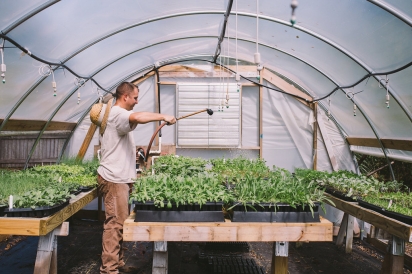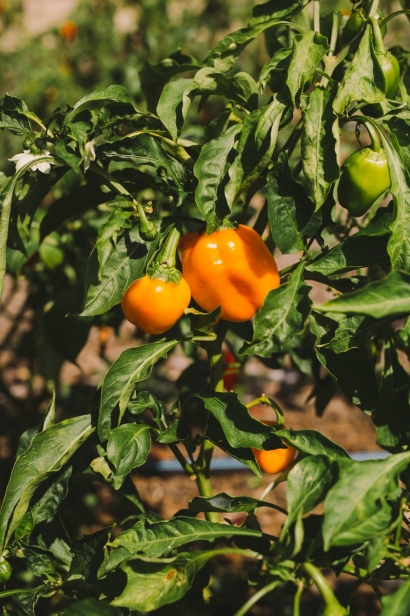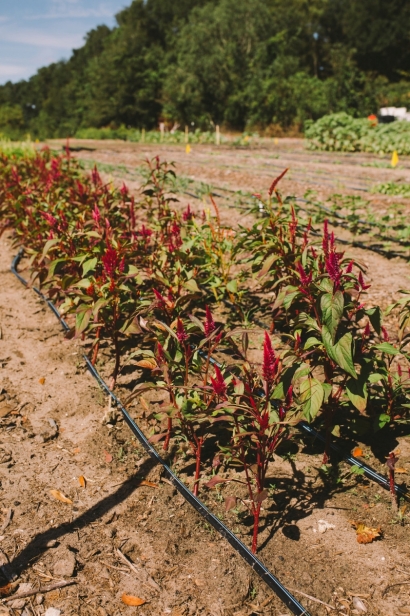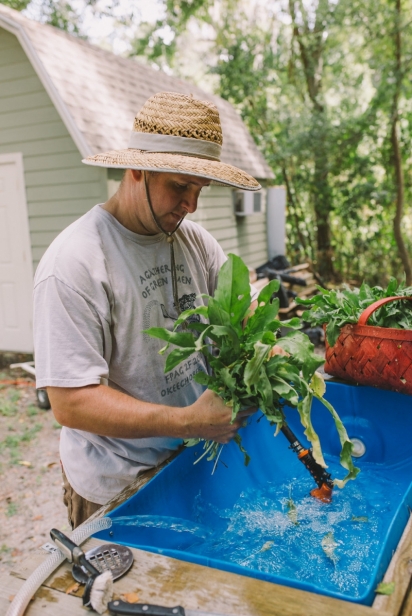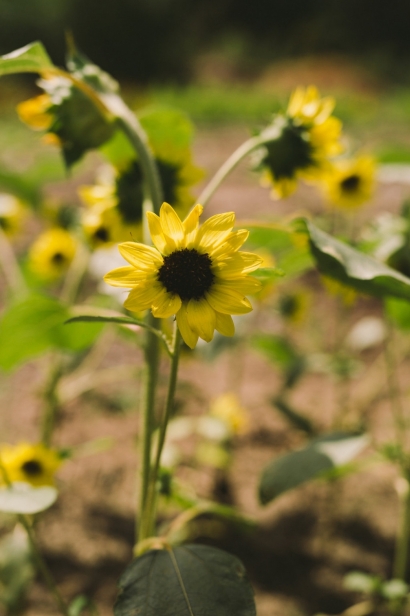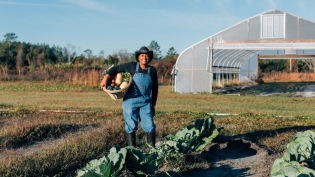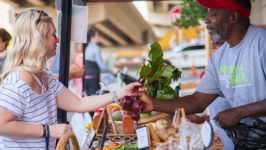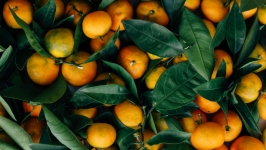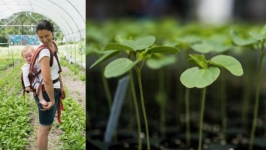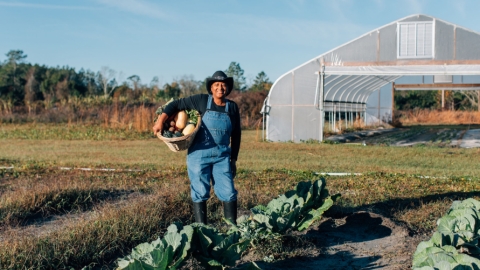Tis' the Season
What would happen if, say, all the readers of this magazine went to their local farmers’ market the week before Thanksgiving to purchase their vegetables and turkeys for the holiday table? Would local growers be able to meet the demand? It is not likely.
Florida has about 47,000 commercial farms and ranks second to California in the total value of fresh market vegetable production. Eighty percent of the fresh vegetables consumed in the U.S. from January through March each year come from Florida. With so much being grown in Florida, one would think eating local would be an easy goal to achieve.
Yet the 2016 Locavore Index, a survey that indicates a commitment to local food production and consumption in homes, restaurants, schools and institutions, ranked Florida 50th out of 52 (including Puerto Rico and Washington, D.C.). Since the index was first measured in 2012, we have actually dropped – from 41 to 48 in 2015 to 50th. (Our neighbor to the north, Georgia, demonstrates a slightly higher level of commitment, ranking 43rd on the list.) Direct sales per capita (farmers selling directly to consumers) in Florida was $1.01.
So where is all the local produce for our holiday meals?
November and December are ideal months to find lots of seasonal produce in Northeast Florida given the variety of vegetables harvested in the fall. However, you will need to be flexible if you hope to serve locally grown meats and vegetables at the holidays. It may be harder than you think, especially if you are trying to track down a locally raised turkey. (We’ll tackle that later.)
To begin, become an informed shopper and learn what is in season. Chat up the men and women with the dirty hands during your visit to the market, ask questions at each vendor and find out where the food is grown. Keep in mind, however, that not all area farmers’ markets are producer-only; some markets allow vendors who bring in products that originate well beyond Florida – so buyer beware, if you are striving to support Northeast Florida farms.
On most Saturdays from October through May, Ryan Lee is one of a handful of growers who can be found in the shadow of the Fuller Warren Bridge at the Riverside Arts Market selling the vegetables, herbs and cut flowers he harvests. Some of the offerings he has are beets, spinach, lettuces and assorted other greens, many radish varieties, broccoli and carrots (his two favorite veggies to grow).
Why does he do it? He wants to know where his food comes from.
“I know that I’m not feeding my kids a bunch of pesticide and fungicide laden food,” Lee said. By using organic growing practices, he added “I manage my soils in a responsible way that is constantly improving the biology to make it better than I found it.”
Lee has honorably served in the Navy for 19 years, achieving the rank of Senior Chief Petty Officer. Planting and harvest season are hectic for this urban farmer as he balances his family, the demands of Lee’s Edible Acres and his full time day job with the Navy. The farm is mostly a one-man operation, with the occasional help of a neighbor and a few volunteers during the busy season.
Holiday meals for Lee’s family are a little different. Lee acknowledged “a great group of friends that are all Florida transplants that get together to make their own family here.” The potluck rotates between houses every year and features a typical holiday meal; turkey, green bean casserole, stuffing, gravy, mac and cheese, rolls and desserts. Lee said he did such a good job smoking the turkey the first year of the gathering, he’s been stuck doing it ever since.
But tracking down a locally raised turkey requires more effort than finding local beef and pork here. Pasture Prime Family Farm, Laughing Chicken Farm and Pastured Life Farm are all within a couple of hours of the Jacksonville/St. Augustine corridor. Each has free-range turkeys available for the holidays. A produce delivery service, Local Fare South works with area farmers to source their meats including Lake Meadow Naturals, an Ocoee-based farm that has heritage turkeys.
This may cause you to re-think your holiday meal. Certified executive chef and television personality Justin Timineri has a few thoughts on this. The international culinary ambassador for the state is a Florida native. He and his family eat a lot of fish, and admittedly his “holiday meals are seafood-centric.” He revels in picking up whatever is freshest at his local fish market and then building the meal around it.
Timineri dishes advice on holiday preparations, acknowledging that we all have certain favorites we like to look for and prepare. He would challenge us not to pull out our favorite holiday standby recipes, make a list and then go shopping. Instead he’d rather we “go to the farms and see what looks the best, the freshest.” He added, “Talk to them, ask what they’ve been growing and what looks good. Purchase that. Then find a recipe to suit it.”
So much of the food we eat travels thousands of miles to get to our plates. Produce and meat distribution in our country is dominated by large corporations that buy/sell in huge volume and then truck these goods over state (and international) lines. Big box and grocery stores tend to excessively package and then they (and we!) waste tons of this far flung food (up to 40% goes to waste).
As consumers, we need to take responsibility for our role supporting a local food economy. Eating seasonal food grown locally bucks that overwhelming feeling you get when walking through aisles of produce at the supermarket. There is a sense of empowerment when you buy directly from the farmer who grows the food. By supporting Northeast Florida farms and encouraging our local farmers to grow a diverse mix of food for us to purchase, we are helping to build a more resilient and sustainable food system.
What else can we do to demonstrate our support for area farmers? How about we demand that our local grocers source and sell more locally grown produce? Both Winn Dixie and Publix, for example, have made a few inroads with this, highlighting Florida produce in their ad circulars and in-store signage. But there is so much more they can do. Grocery and big box stores need to evolve to keep up with shifts in consumer demand. Call them out. Get the ear of the store’s produce or general manager, and insist upon Northeast Florida veggies when possible.
‘Tis the season to be grateful for what we have, and that includes the food on our plates. We give thanks, and we give presents. Why don’t we give back to those who grow our food and do all we can to support them?


